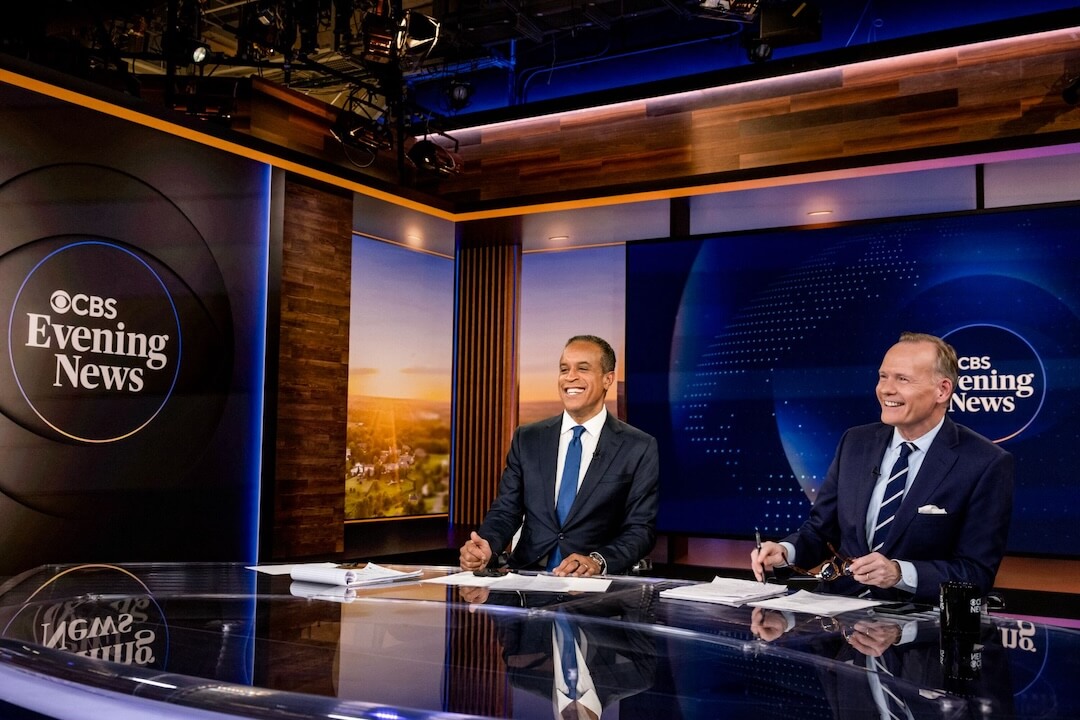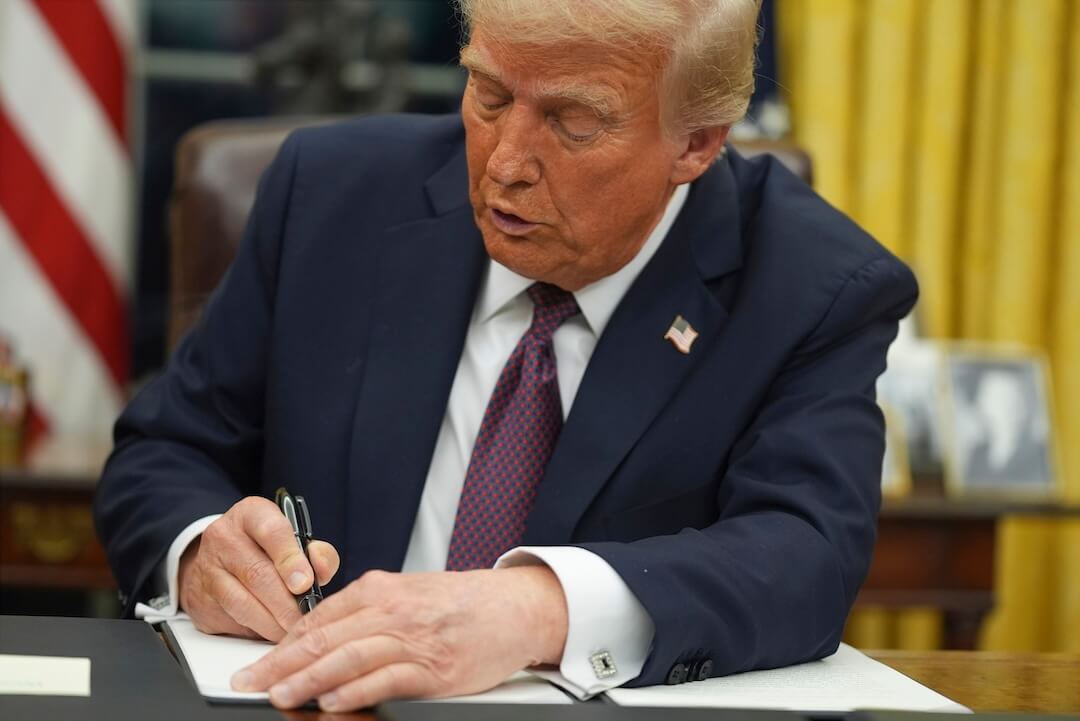You knew it was going to happen sooner or later.
Ever since Elon Musk purchased Twitter and turned it into his little juvenile sandbox, he has been targeting, trolling and taunting media outlets. He has practically dared them to leave Twitter. And when they haven’t, it’s like he’s grinning and saying, “See? You just can’t quit me. You need me.”
Eventually, someone was going to say enough is enough. Someone was going to walk away from the social media platform. Someday it was going to happen.
That someone was National Public Radio. And that day was Wednesday.
In a statement, NPR, which has about 8.8 million followers, said, “We are not putting our journalism on platforms that have demonstrated an interest in undermining our credibility and the public’s understanding of our editorial independence. We are turning away from Twitter but not from our audiences and communities.”
In a letter to staff, NPR chief executive John Lansing said, “It would be a disservice to the serious work you all do here to continue to share it on a platform that is associating the federal charter for public media with an abandoning of editorial independence or standards. … Actions by Twitter or other social media companies to tarnish the independence of any public media institution are exceptionally harmful and set a dangerous precedent.”
Musk’s petty attacks on the media have been going on for quite some time, but his assault escalated last week when Twitter labeled NPR’s main account as “US state-affiliated” media. NPR and others immediately pushed back, correctly pointing out that it was ridiculous to compare NPR to state-run media such as Russia’s RT and the Chinese Communist Party’s CCTV. My Poynter colleague Kelly McBride, who also is NPR’s public editor, told The Poynter Report that the label was “complete and utter bull(expletive).” She added, “That term, state-affiliated media, means an arm of the government giving the government’s message. And there is no evidence to suggest that that’s what NPR does.”
To be clear, NPR is run independently of the U.S. government. As NPR’s Bill Chappell wrote, “… while federal money is important to the overall public media system, NPR gets less than 1% of its annual budget, on average, from federal sources. NPR is an independent, non-profit media organization that gets the bulk of its direct financial support from two sources: sponsorships and fees paid by hundreds of member stations, as its website states.”
After all the pushback, Musk and Twitter changed NPR’s label last weekend to “government funded media” — another tag that is simply not accurate.
So on Wednesday, NPR had enough. Not only will its main account stop tweeting, but so will other NPR-related accounts, such as the official accounts for NPR Music, NPR Politics, “Weekend Edition” and so forth. Lansing told NPR’s David Folkenflik that it’s all about saving NPR’s credibility.
“The downside, whatever the downside, doesn’t change that fact,” Lansing said. “I would never have our content go anywhere that would risk our credibility.”
Many NPR affiliate stations are following NPR’s lead and no longer tweeting.
Since NPR’s announcement, Musk told the BBC that he is considering changing NPR’s label, as well as the BBC’s, to “publicly funded.” Even if that happens, Lansing told Folkenflik that NPR wouldn’t immediately return to Twitter.
“At this point I have lost my faith in the decision-making at Twitter,” Lansing said. “I would need some time to understand whether Twitter can be trusted again.”
This all raises two questions. First, what about NPR’s individual journalists?
NPR is allowing its employees to do whatever they wish when it comes to Twitter. Tweet, don’t tweet, it’s entirely up to them.
The second question is: Could this be just the beginning? Could other media outlets join NPR by jumping off the platform?
PBS already has. Also listed as “government-funded,” PBS hasn’t tweeted since April 8.
Some news outlets have dropped in and out over the past few years. As The Washington Post’s Paul Farhi noted, “Fox News suspended its Twitter activity for 18 months in 2018 after protesters tweeted host Tucker Carlson’s home address, but it resumed in 2020. CBS News suspended tweeting for two days in November, shortly after Musk bought Twitter and began undoing years worth of security and anti-hate policies.”
We would have to assume that other news outlets are monitoring how not tweeting impacts NPR. One such outlet could be The New York Times. Last week, Musk removed the blue verified checkmark from the Times’ main account and called the Times “propaganda.” The Times continues to tweet its journalism to its 55 million followers.
Musk’s interview

Elon Musk, shown here in January. (AP Photo/Benjamin Fanjoy, File)
As I mentioned, Musk gave an interview to the BBC’s James Clayton.
In it, Musk said he has laid off some 6,000 employees and the staff is now at about 1,500. He said the layoffs were “not fun at all” and that running Twitter, at times, has been “painful.”
The interview touched on other topics, such as whether he regretted buying Twitter. He said, the “pain level has been extremely high. This hasn’t been some kind of party.” He added that it has been “quite a rollercoaster” and “really quite a stressful situation over the last several months.”
Asked if he would sell Twitter, Musk initially said no, but then said maybe if he could find someone committed as he is to free speech.
Asked how the company was doing financially, Musk said. “We could be profitable, or to be more precise, cash flow positive this quarter if things keep going well. I think almost all advertisers have come back or said they are going to come back.”
He admitted that he “shot (himself) in the foot” multiple times with tweets and said, “I think I should not tweet after 3 a.m.”
At one point, Musk said he was “no longer the CEO of Twitter” and the current CEO was his dog, a Shiba Inu named Floki.
He was joking. We think.
More Fox-Dominion news
Each day brings more news in Dominion Voting Systems’ $1.6 billion lawsuit against Fox News, with the trial set to start next week. And Wednesday’s news was not good for Fox.
Delaware Superior Court Judge Eric Davis said he wants an independent investigation to determine if, among other things, Fox lied to the court and withheld evidence. He admonished Fox’s lawyers for not being “straightforward” with him.
Davis said, “I am very concerned … that there have been misrepresentations to the court. This is very serious.”
Davis wants to appoint a “special master” to look into if Fox withheld details that Rupert Murdoch, who oversees Fox News’ parent company, also had an executive position at Fox News. Dominion claims that if it knew earlier that Murdoch also was a Fox News executive, it would have had access to more internal communications, such as texts and emails.
Dominion lawyer Justin Nelson told the judge, “It’s something that has really affected how we have litigated this case.”
Earlier this week, Fox News put out a statement that said, “Rupert Murdoch has been listed as executive chairman of FOX News in our SEC filings since 2019 and this filing was referenced by Dominion’s own attorney during his deposition.”
The judge in the case also sanctioned the Fox lawyers.
The New York Times’ Katie Robertson and Jeremy W. Peters wrote, “The rebuke came after lawyers for Dominion, which is suing for defamation, revealed a number of instances in which Fox’s lawyers had not turned over evidence in a timely manner. That evidence included recordings of the Fox News host Maria Bartiromo talking with former President Donald J. Trump’s lawyers, Sidney Powell and Rudy Giuliani, which Dominion said had been turned over only a week ago.”
The sanction means that if Dominion has to do more depositions, Fox will not only have to do everything it can to make those witnesses available, but they will have to pay for it, as well.
Jury selection is supposed to start today, with the trial scheduled to start Monday. The Washington Post’s Jeremy Barr has more on the jury selection.
A real-life Succession

Rupert Murdoch, shown here in 2019. (AP Photo/Mary Altaffer, File)
There’s always been thinking that HBO’s “Succession” is at least a little bit inspired by Rupert Murdoch. That leads to a juicy story from Gabriel Sherman in Vanity Fair: “Inside Rupert Murdoch’s Succession Drama.”
Sherman chronicles some of the health issues Murdoch has had and how there has been plenty of drama over the years about which one of his kids might eventually take over. Sherman reports, however, that a serious rift has developed between Murdoch sons James and Lachlan and that the two are not on speaking terms because of James’ disgust with Fox News’ right-wing politics. Meanwhile, daughter Elisabeth is a liberal but remains close with her dad and brother Lachlan, who appears to be the heir apparent. But it’s not even certain Lachlan wants to run the show.
It really does look like plots straight out of “Succession.”
Meanwhile, more drama: Rupert Murdoch recently and surprisingly at age 92 got engaged, only to, just as surprisingly, call it off within weeks.
Sherman’s rather lengthy article is full of juicy stories, including exhaustive details about Murdoch’s relationship with Donald Trump, Murdoch’s views of Fox News and his past marriage to Jerry Hall — Mick Jagger’s ex.
In one of my favorite parts, Sherman reports that part of Murdoch’s settlement agreement with Hall after their divorce is that Hall is not allowed to give story ideas to HBO’s “Succession.” (By the way, Sherman reports that Murdoch broke up with Hall over email.)
If you are a media buff and a fan of “Succession” (or just one of those things), I can’t recommend Sherman’s story enough.
Max changes
HBO Max is changing its name to just Max. And that’s not the only change. Not only did Warner Bros. Discovery scratch the HBO part of the name, but it will also add new content from Discovery+ and other new original programming.
Customers will have their choice of three tiers and price ranges, each with different features. (Variety’s Todd Spangler has the details.)
Spangler also has a piece on what it means for existing HBO Max subscribers.
Media tidbits
- Tucker Carlson interviewed Donald Trump for his prime-time Fox News show this week. So is Trump a favorite once again of Fox News? Associated Press media writer David Bauder checks in with “Look who’s back: Donald Trump’s big return to Fox News.”
- The Washington Post’s Azi Paybarah and Jayne Orenstein with “Local journalists covering shootings share their pain on air.”
- The New York Times’ Sheera Frenkel and Mike Isaac with “Mass Layoffs and Absentee Bosses Create a Morale Crisis at Meta.”
- In case you missed it, I wrote what it’s like to cover war in “Covering a war: A conversation with Isabelle Khurshudyan, Washington Post Ukraine bureau chief.”
- Photo of the day: check out this tweet from The Wall Street Journal’s Matthew Rose.
- The New York Times’ Neil Genzlinger with “Carl Fischer, Who Shot Attention-Getting Esquire Covers, Dies at 98.”
Hot type
- Just one Hot Type item today because I really want you to read it. A superbly-written story from The Washington Post’s Jonathan Edwards: “Death at the rodeo, and a mother’s dilemma.”
More resources for journalists
- Subscribe to Poynter’s Friday newsletter, Open Tabs with Poynter managing editor Ren LaForme, and get behind-the-scenes stories only available to subscribers.
- Telling the Stories of Faith and the Faithful — New York City, May 12 (Seminar) — Register by April 21.
- Transform your newsroom’s reporting on crime and criminal justice with our 24-week online seminar. Apply by April 21.
- Editorial Integrity and Leadership Initiative — (Sept. – April, 2024) (Hybrid) — Apply by May 15.
Have feedback or a tip? Email Poynter senior media writer Tom Jones at tjones@poynter.org.
The Poynter Report is our daily media newsletter. To have it delivered to your inbox Monday-Friday, sign up here.







